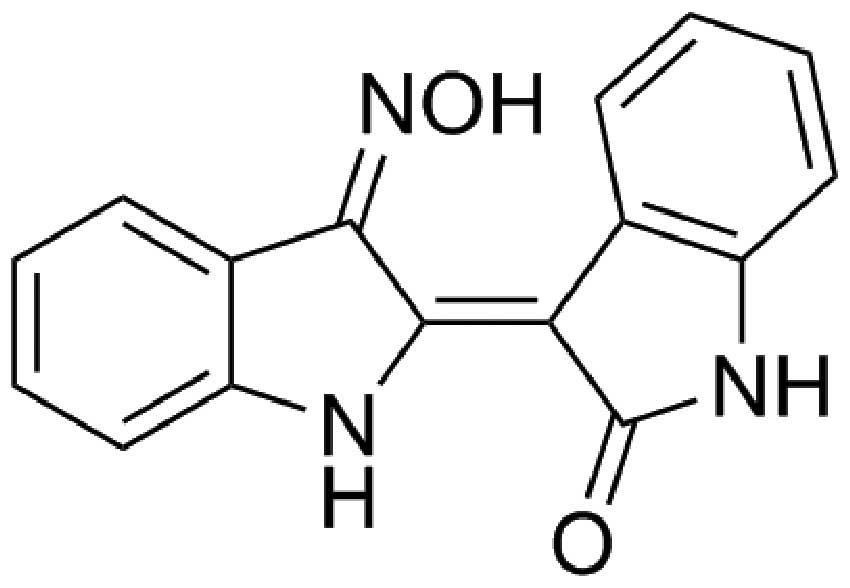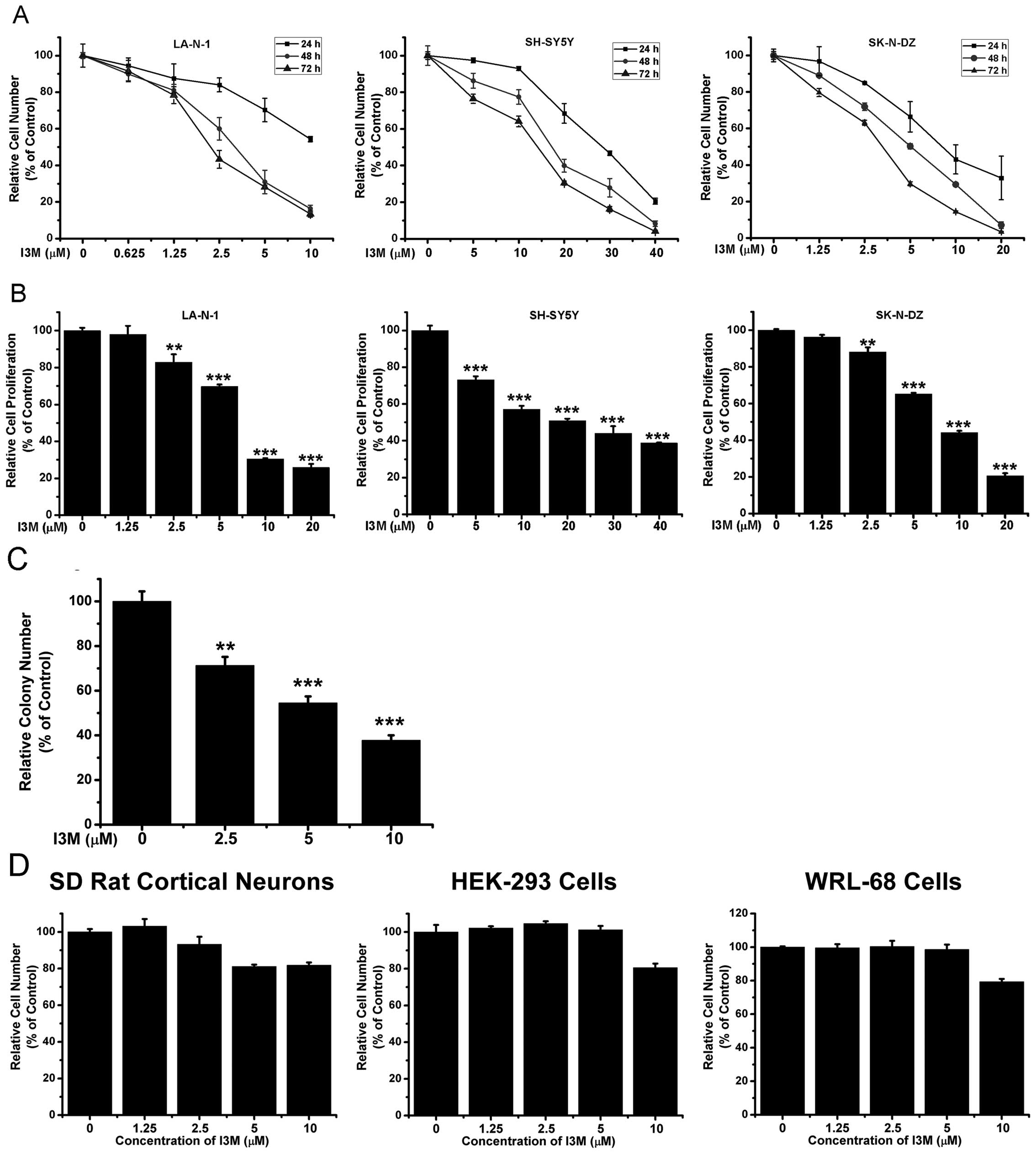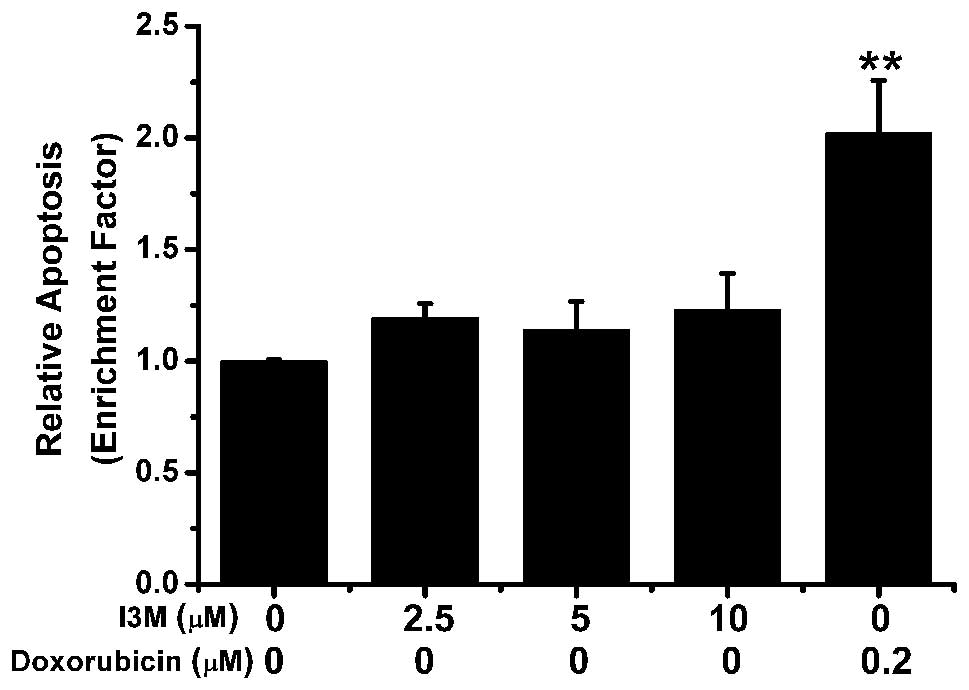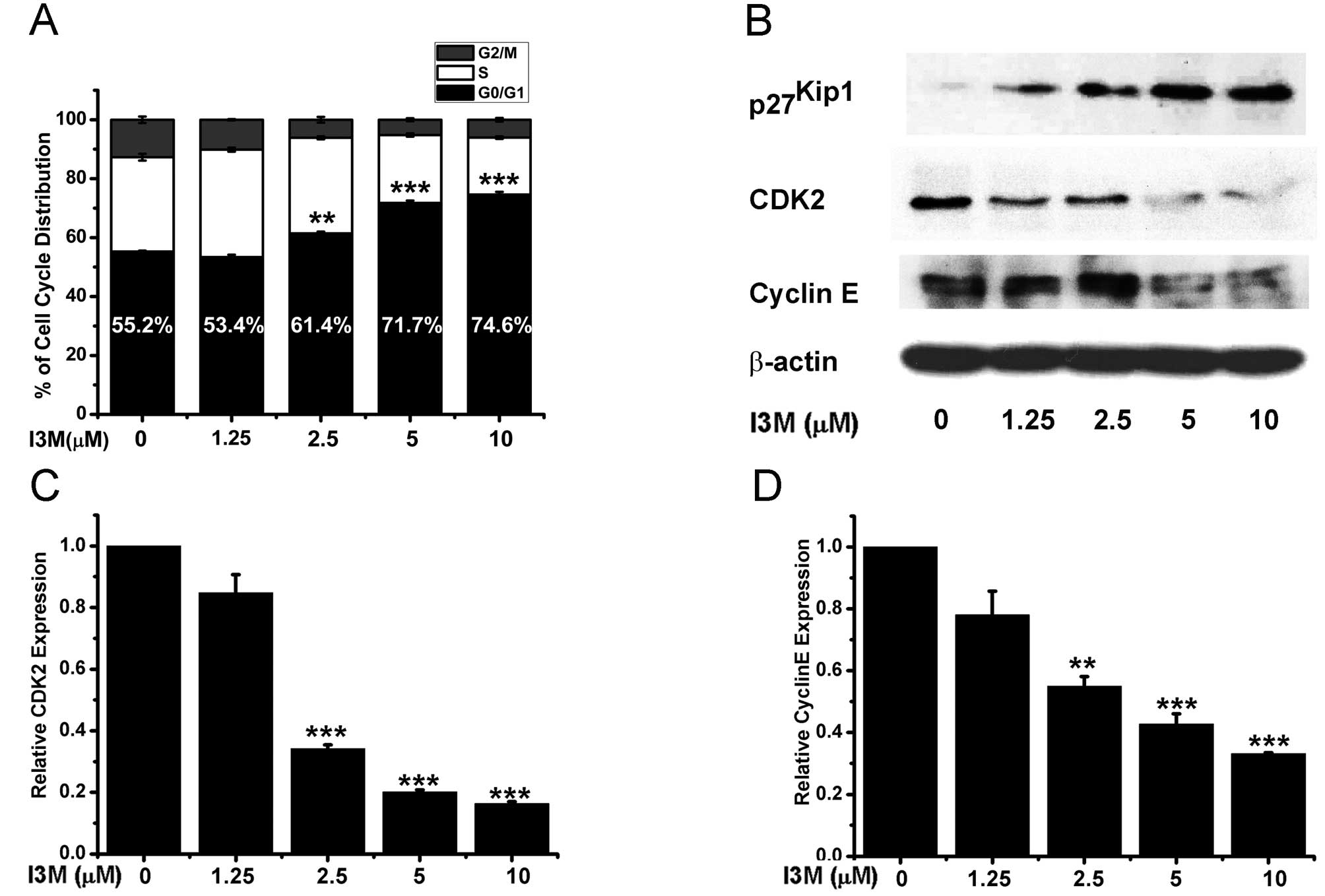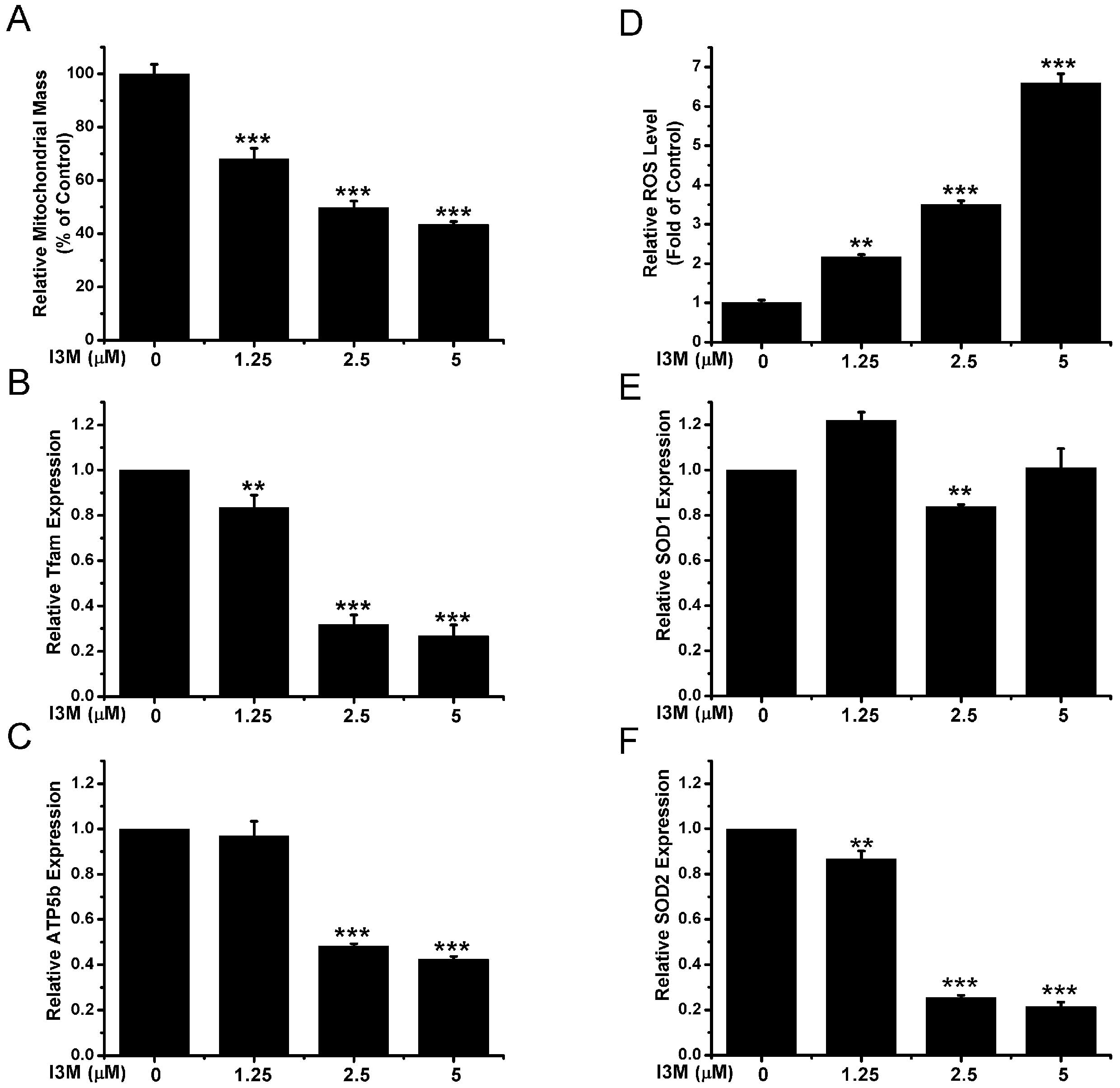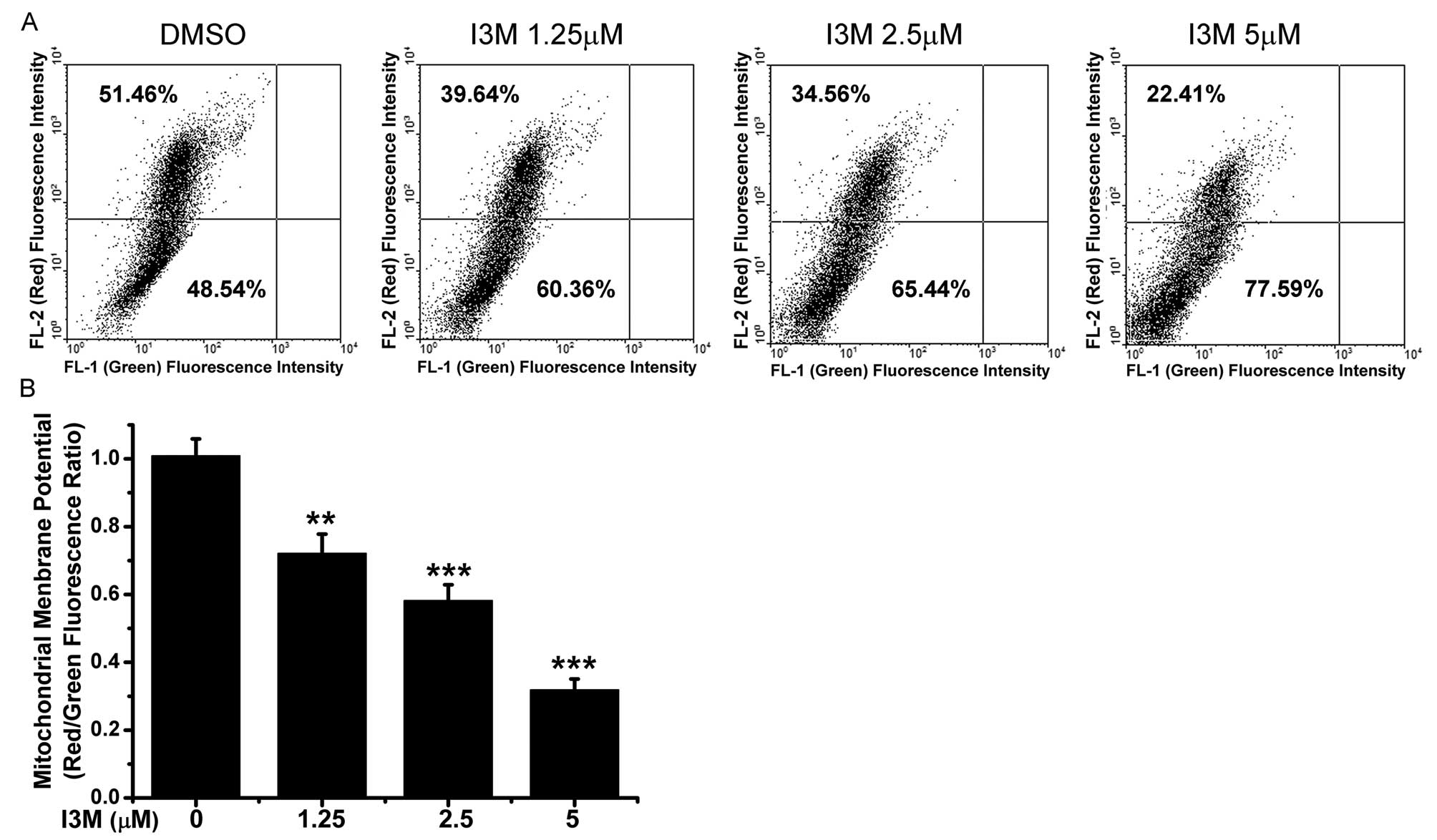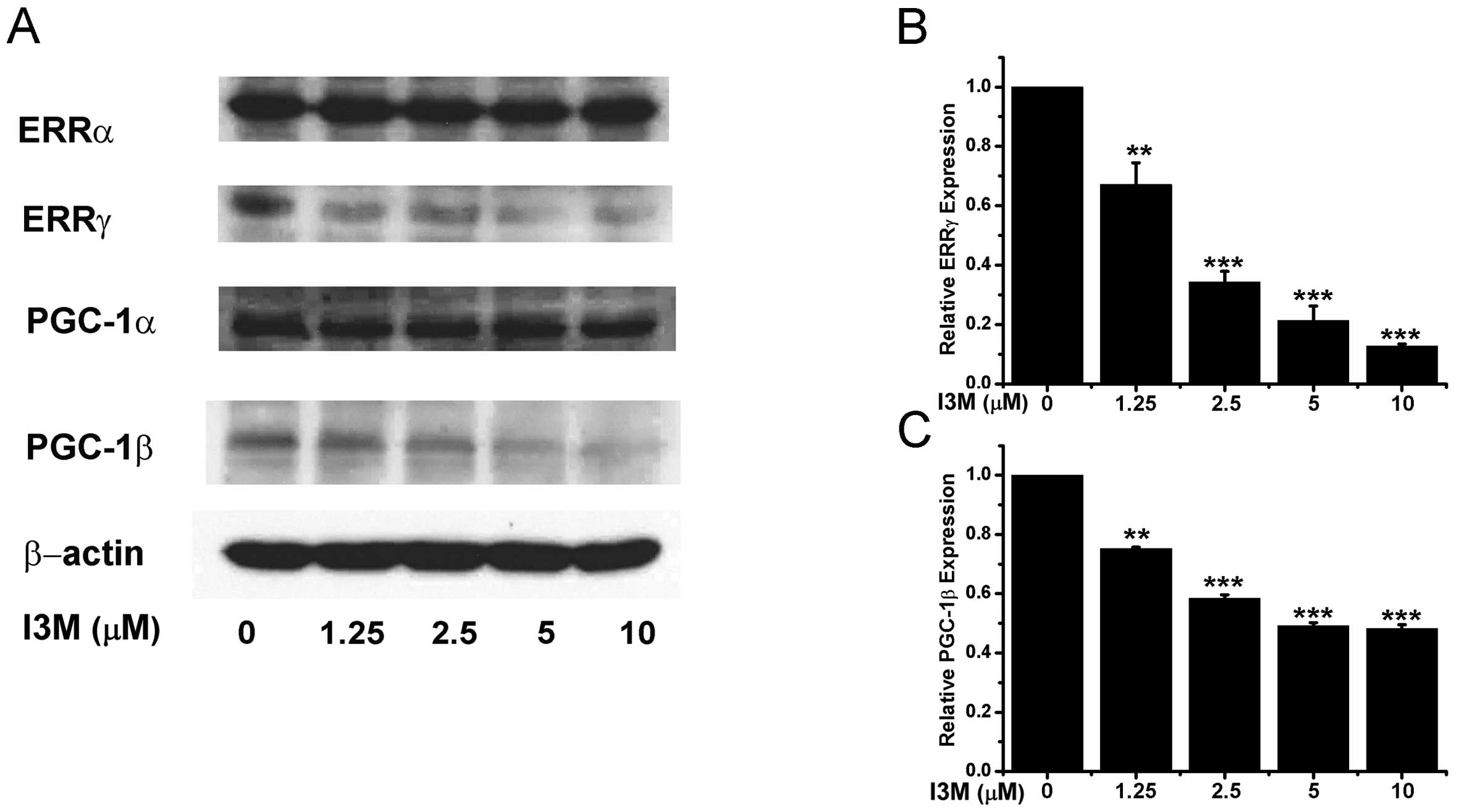|
1
|
Maris JM: Recent advances in
neuroblastoma. N Engl J Med. 362:2202–2211. 2010. View Article : Google Scholar : PubMed/NCBI
|
|
2
|
Park JR, Eggert A and Caron H:
Neuroblastoma: biology, prognosis, and treatment. Hematol Oncol
Clin North Am. 24:65–86. 2010. View Article : Google Scholar : PubMed/NCBI
|
|
3
|
Xiao Z, Hao Y, Liu B and Qian L: Indirubin
and meisoindigo in the treatment of chronic myelogenous leukemia in
China. Leuk Lymphoma. 43:1763–1768. 2002. View Article : Google Scholar : PubMed/NCBI
|
|
4
|
Zhang N, Jiang Y, Zou J, et al: 3D QSAR
for GSK-3beta inhibition by indirubin analogues. Eur J Med Chem.
41:373–378. 2006. View Article : Google Scholar : PubMed/NCBI
|
|
5
|
Meijer L, Skaltsounis AL, Magiatis P, et
al: GSK-3-selective inhibitors derived from Tyrian purple
indirubins. Chem Biol. 10:1255–1266. 2003. View Article : Google Scholar : PubMed/NCBI
|
|
6
|
Hoessel R, Leclerc S, Endicott JA, et al:
Indirubin, the active constituent of a Chinese antileukaemia
medicine, inhibits cyclin-dependent kinases. Nat Cell Biol.
1:60–67. 1999.PubMed/NCBI
|
|
7
|
Leclerc S, Garnier M, Hoessel R, et al:
Indirubins inhibit glycogen synthase kinase-3 beta and CDK5/p25,
two protein kinases involved in abnormal tau phosphorylation in
Alzheimer’s disease. A property common to most cyclin-dependent
kinase inhibitors? J Biol Chem. 276:251–260. 2001.PubMed/NCBI
|
|
8
|
Nguyen MC, Bui HT, Dang HH, et al:
Inhibitory effects of indirubin derivatives on the growth of HL-60
leukemia cells. Nat Prod Commun. 5:103–106. 2010.PubMed/NCBI
|
|
9
|
Damiens E, Baratte B, Marie D, Eisenbrand
G and Meijer L: Anti-mitotic properties of indirubin-3′-monoxime, a
CDK/GSK-3 inhibitor: induction of endoreplication following
prophase arrest. Oncogene. 20:3786–3797. 2001.
|
|
10
|
Shi J and Shen HM: Critical role of Bid
and Bax in indirubin-3′-monoxime- induced apoptosis in human cancer
cells. Biochem Pharmacol. 75:1729–1742. 2008.PubMed/NCBI
|
|
11
|
Perabo FG, Landwehrs G, Frossler C,
Schmidt DH and Mueller SC: Antiproliferative and apoptosis inducing
effects of indirubin-3′-monoxime in renal cell cancer cells. Urol
Oncol. 29:815–820. 2011.
|
|
12
|
Ravichandran K, Pal A and Ravichandran R:
Effect of indirubin-3-monoxime against lung cancer as evaluated by
histological and transmission electron microscopic studies. Microsc
Res Tech. 73:1053–1058. 2010. View Article : Google Scholar : PubMed/NCBI
|
|
13
|
McBride HM, Neuspiel M and Wasiak S:
Mitochondria: more than just a powerhouse. Curr Biol. 16:R551–R560.
2006. View Article : Google Scholar : PubMed/NCBI
|
|
14
|
Yu M, Dai J, Huang WW, et al: hMTERF4
knockdown in HeLa cells results in sub-G1 cell accumulation and
cell death. Acta Biochim Biophys Sin. 43:372–379. 2011. View Article : Google Scholar : PubMed/NCBI
|
|
15
|
Mandal S, Guptan P, Owusu-Ansah E and
Banerjee U: Mitochondrial regulation of cell cycle progression
during development as revealed by the tenured mutation in
Drosophila. Dev Cell. 9:843–854. 2005. View Article : Google Scholar : PubMed/NCBI
|
|
16
|
Owusu-Ansah E, Yavari A, Mandal S and
Banerjee U: Distinct mitochondrial retrograde signals control the
G1-S cell cycle checkpoint. Nat Genet. 40:356–361. 2008. View Article : Google Scholar : PubMed/NCBI
|
|
17
|
Giguere V: Transcriptional control of
energy homeostasis by the estrogen-related receptors. Endocr Rev.
29:677–696. 2008. View Article : Google Scholar : PubMed/NCBI
|
|
18
|
Wu ZD, Puigserver P, Andersson U, et al:
Mechanisms controlling mitochondrial biogenesis and respiration
through the thermogenic coactivator PGC-1. Cell. 98:115–124. 1999.
View Article : Google Scholar : PubMed/NCBI
|
|
19
|
Lo FH, Mak NK and Leung KN: Studies on the
anti-tumor activities of the soy isoflavone daidzein on murine
neuroblastoma cells. Biomed Pharmacother. 61:591–595. 2007.
View Article : Google Scholar : PubMed/NCBI
|
|
20
|
Liu T, Hannafon B, Gill L, Kelly W and
Benbrook D: Flex-Hets differentially induce apoptosis in cancer
over normal cells by directly targeting mitochondria. Mol Cancer
Ther. 6:1814–1822. 2007. View Article : Google Scholar : PubMed/NCBI
|
|
21
|
Opel D, Naumann I, Schneider M, Bertele D,
Debatin KM and Fulda S: Targeting aberrant PI3K/Akt activation by
PI103 restores sensitivity to TRAIL-induced apoptosis in
neuroblastoma. Clin Cancer Res. 17:3233–3247. 2011. View Article : Google Scholar : PubMed/NCBI
|
|
22
|
Liao XM, Wang YF and Wong CW: Troglitazone
induces cytotoxicity in part by promoting the degradation of
peroxisome proliferator-activated receptor gamma co-activator-1
alpha protein. Br J Pharmacol. 161:771–781. 2010. View Article : Google Scholar : PubMed/NCBI
|
|
23
|
Freedman VH and Shin SI: Cellular
tumorigenicity in nude mice: correlation with cell growth in
semi-solid medium. Cell. 3:355–359. 1974. View Article : Google Scholar : PubMed/NCBI
|
|
24
|
Bianco MR, Berbenni M, Amara F, et al:
Cross-talk between cell cycle induction and mitochondrial
dysfunction during oxidative stress and nerve growth factor
withdrawal in differentiated PC12 cells. J Neurosci Res.
89:1302–1315. 2011. View Article : Google Scholar
|
|
25
|
Zelko IN, Mariani TJ and Folz RJ:
Superoxide dismutase multigene family: a comparison of the CuZn-SOD
(SOD1), Mn-SOD (SOD2), and EC-SOD (SOD3) gene structures,
evolution, and expression. Free Radic Biol Med. 33:337–349. 2002.
View Article : Google Scholar : PubMed/NCBI
|
|
26
|
Kameswaran TR and Ramanibai R:
Indirubin-3-monooxime induced cell cycle arrest and apoptosis in
Hep-2 human laryngeal carcinoma cells. Biochem Pharmacol.
63:146–154. 2009.PubMed/NCBI
|
|
27
|
Xingi E, Smirlis D, Myrianthopoulos V, et
al: 6-Br-5-methylindirubin-3′-oxime (5-Me-6-BIO) targeting the
leishmanial glycogen synthase kinase-3 (GSK-3) short form affects
cell-cycle progression and induces apoptosis-like death:
exploitation of GSK-3 for treating leishmaniasis. Int J Parasitol.
39:1289–1303. 2009.
|
|
28
|
Ribas J, Bettayeb K, Ferandin Y, et al:
7-bromoindirubin-3′-oxime induces caspase-independent cell death.
Oncogene. 25:6304–6318. 2006.
|
|
29
|
Loewith R, Jacinto E, Wullschleger S, et
al: Two TOR complexes, only one of which is rapamycin sensitive,
have distinct roles in cell growth control. Mol Cell. 10:457–468.
2002. View Article : Google Scholar : PubMed/NCBI
|
|
30
|
Nadanaciva S, Dykens JA, Bernal A, Capaldi
RA and Will Y: Mitochondrial impairment by PPAR agonists and
statins identified via immunocaptured OXPHOS complex activities and
respiration. Toxicol Appl Pharmacol. 223:277–287. 2007. View Article : Google Scholar : PubMed/NCBI
|















